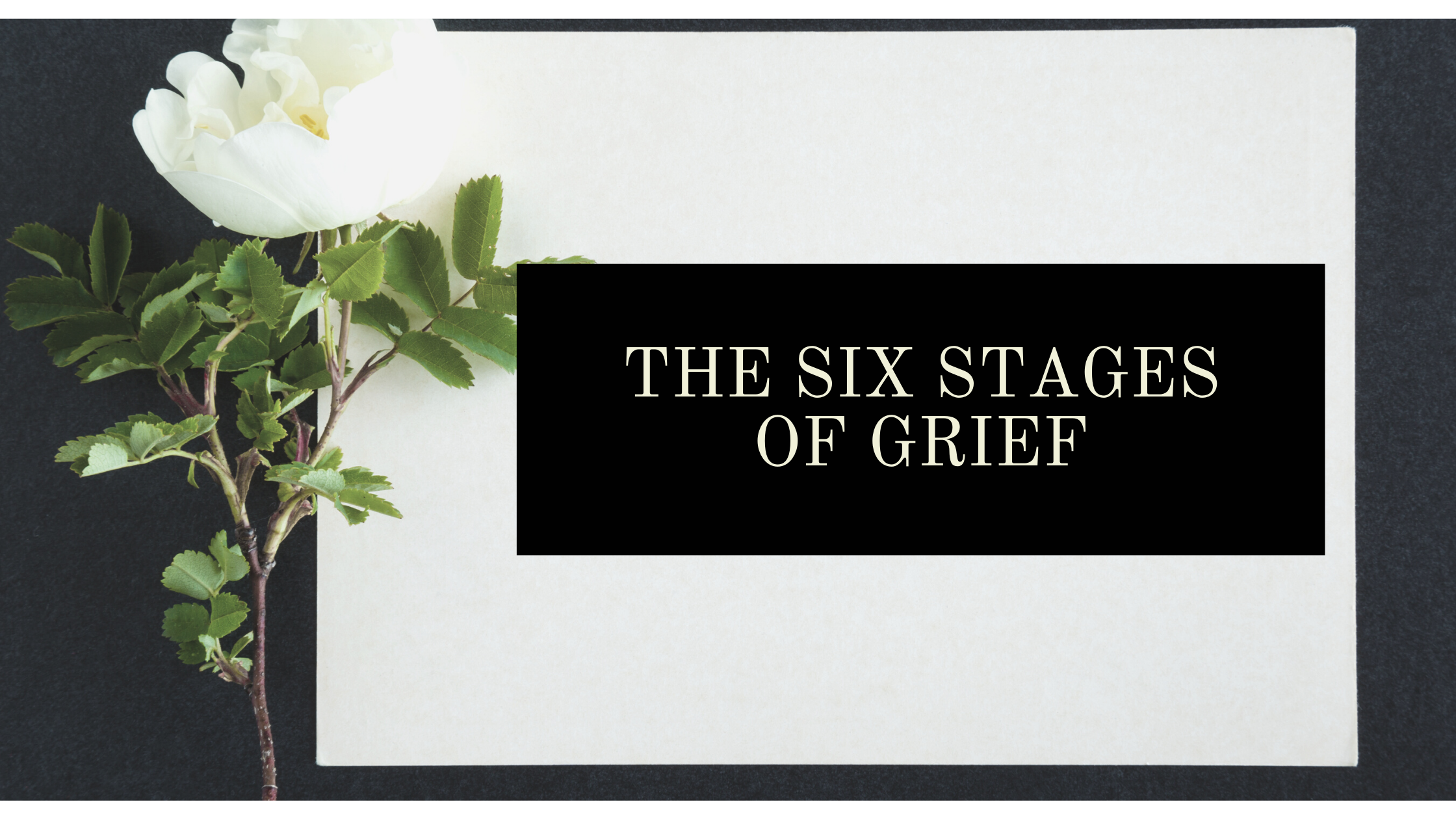Written by: Carmen Schlatter, LCSW, Training and Education Manager
Based on the work of David Kessler and Elisabeth Kubler-Ross
You may be wondering why we’re sharing some information about grief. Truth is, a lot of us are experiencing a variety of losses right now as a result of the pandemic. And while you may be familiar with the five stages of grief, there is a sixth stage that is especially relevant.
Sadness vs. Grief
Sadness is a temporary emotional reaction to a loss or disappointment. It tends to pass in a couple of days. Grief is less an emotional reaction TO something and more an actual embodiment of loss. It’s the experience of being changed by loss.
We can recognize we are grieving when we embody the sense of loss – we don’t feel the grief; we are the grief. We encompass all that grief is. There is a physical experience of grief as well – wanting to isolate, a drawing in of ourselves. Cognitively, there’s also a sense of disorganization and a lack of focus. It’s intertwined cognitions, feelings and bodily sensations.
Everybody’s Grief is Different
Keep in mind, the six stages help normalize grief, but they are not a map for it. Everyone grieves differently, in a different order, along different timelines. Your grief is as unique as your fingerprint.
There is no linear progression through grief. You may re-grieve something you thought you passed on from many years ago.
The Six Stages of Grief During COVID-19 (by David Kessler)
Denial: “I can’t believe this is happening in our modern society.” “There’s no way this is happening now.”
Anger: “Really? Are you serious? I can’t go out? I can’t do things? I’m furious about that.”
Bargaining: “Okay, let me get this straight, if I stay home for 2 weeks, then everything goes back to normal.”
Depression: “Wait, this could go on longer? Are you kidding? This is so sad…”
Acceptance: “Alright, this is our new reality. What can I do to make this work?”
Meaning: Find, name, and create meaningful moments. Name them and be grateful for them! What we’re dealing with is horrible, temporary, and will end. We can grow from this.
Acknowledging that we’re grieving is very important. The difficulty is that we don’t know how long this moment is going to last. Our world as we knew it has died, and we are feeling the sadness. If we name it, it allows us to feel those emotions. Our emotions need to be acknowledged so that we can feel them. Suppressing them isn’t going to work.
There is only moving forward with your grief. There is no way around it.

